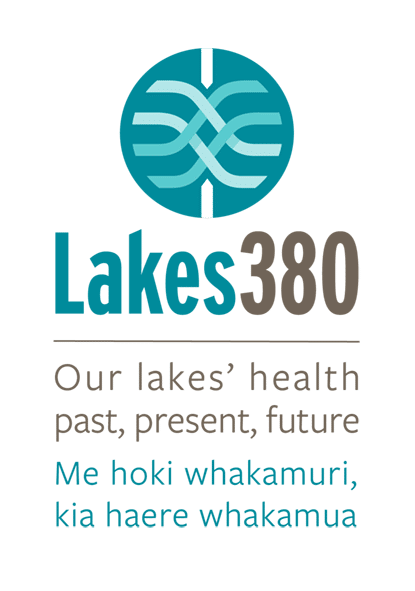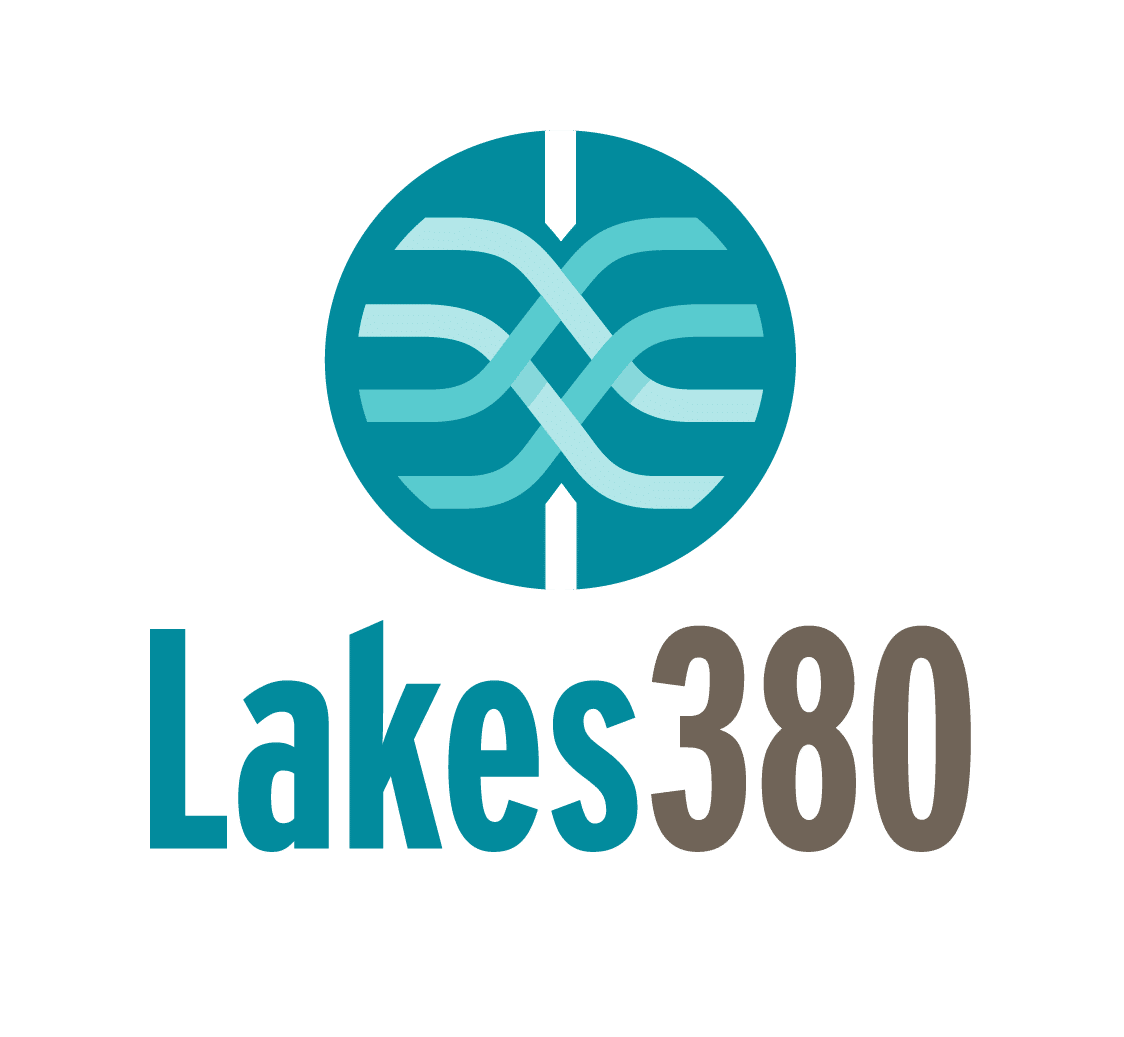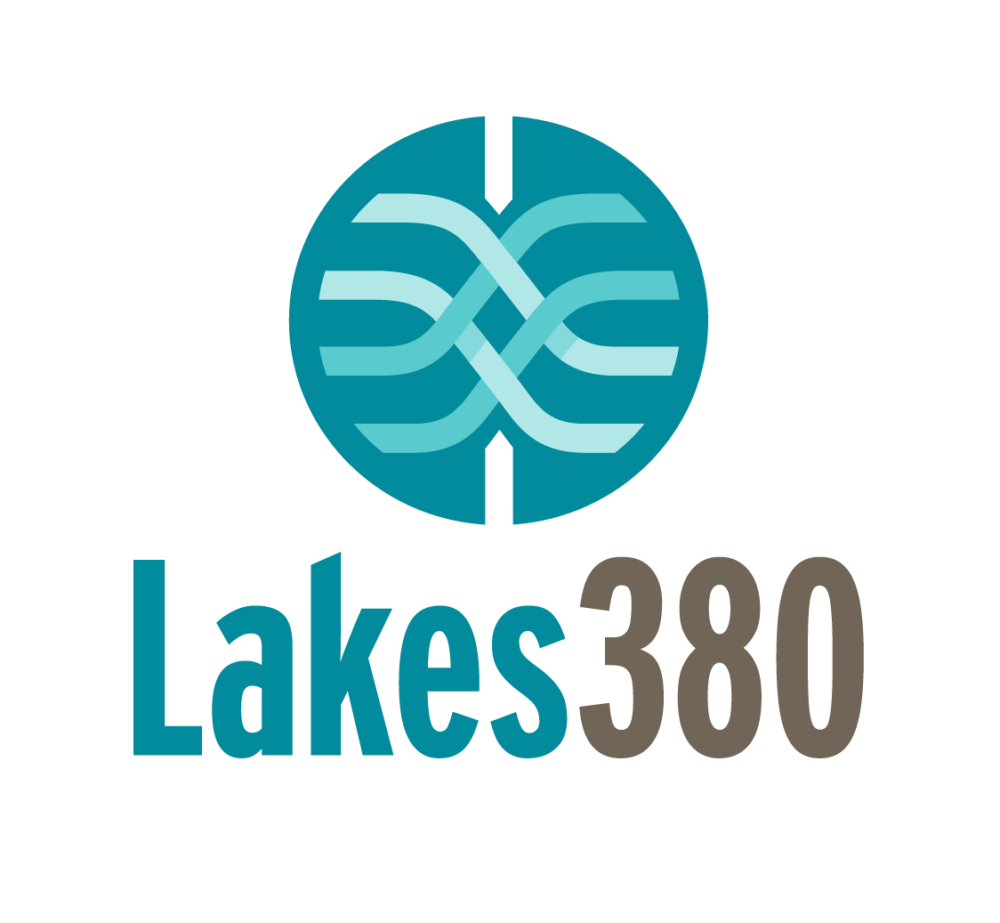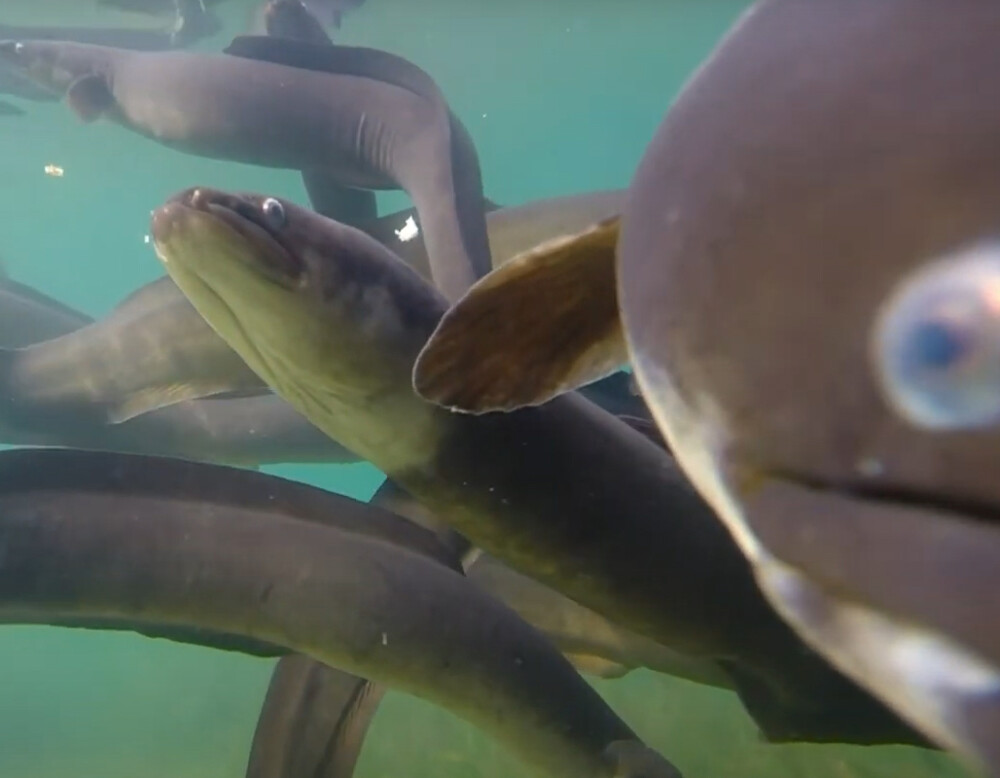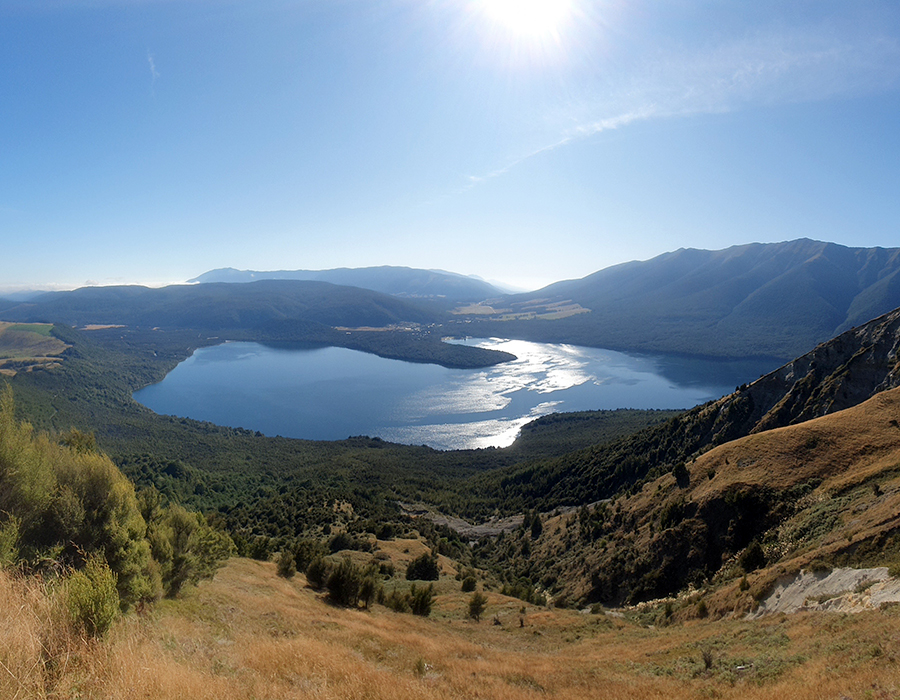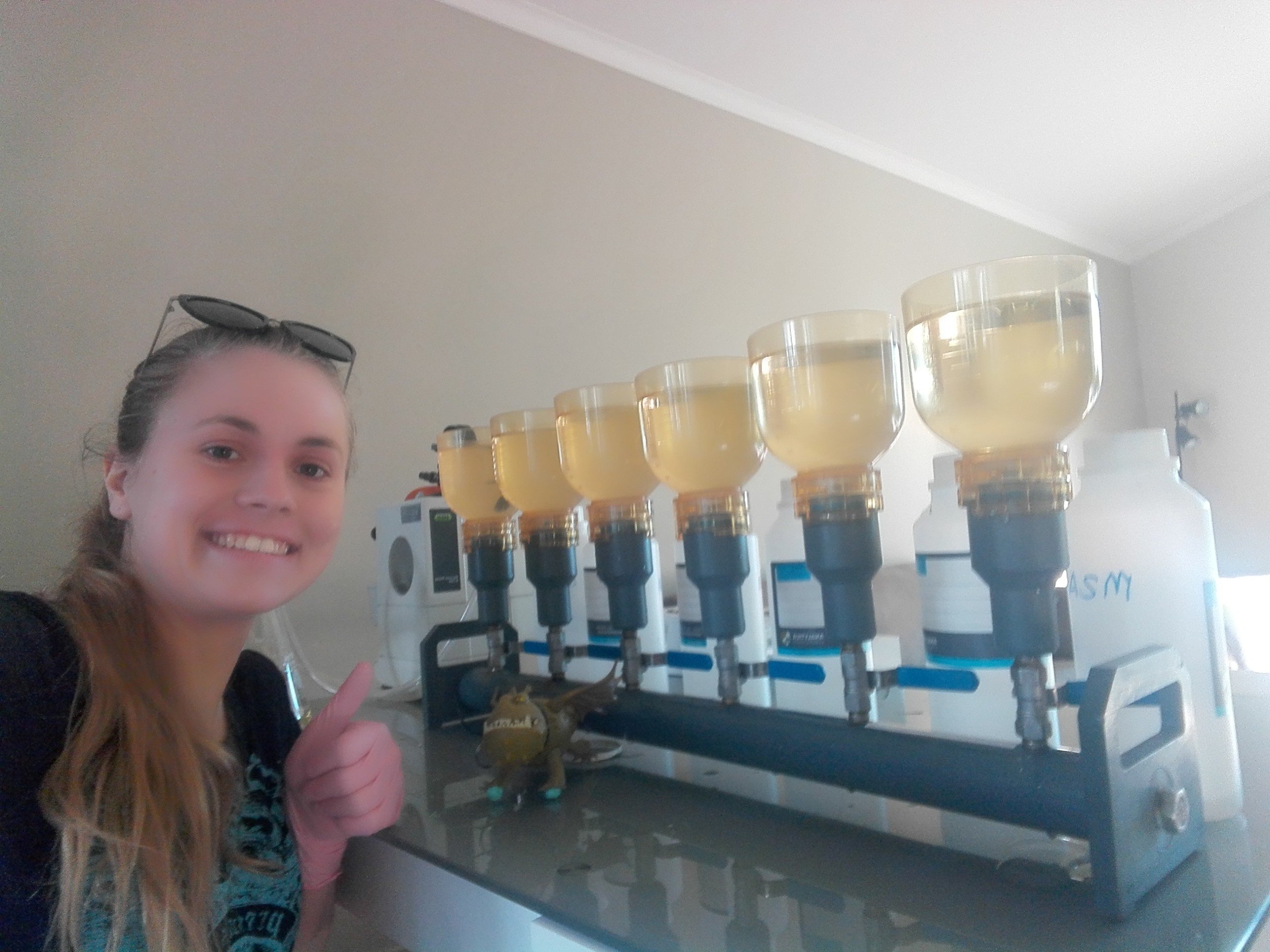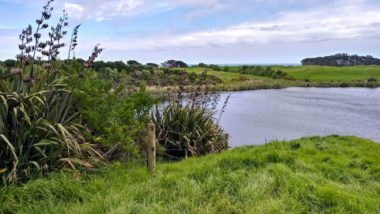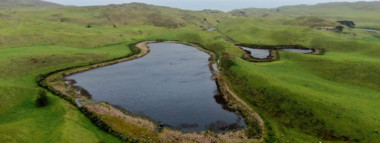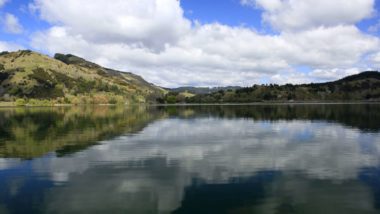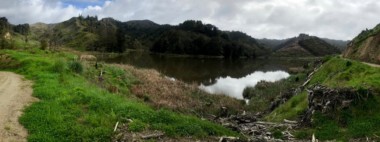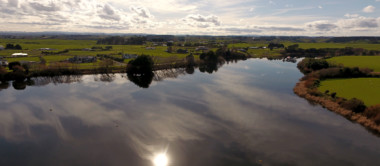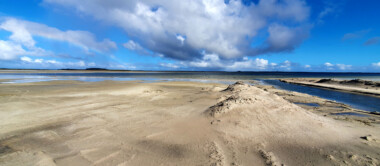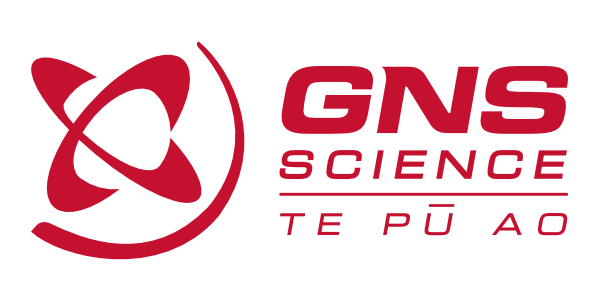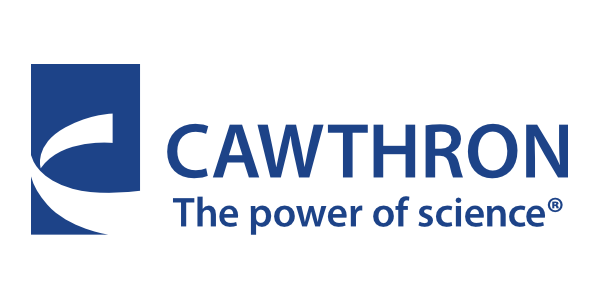The Lakes380 team has developed a new DNA-based tool to detect tuna (short and long-finned eel) in lakes and rivers. This method will assist with understanding the distribution of this taonga (treasured) species in our waterways.
The New Zealand long-finned and short-finned eel are taonga species and are found in lakes and rivers across the country. However, there has been a national decline in their populations due to habitat destruction and commercial harvest. Understanding where they live and how their populations have changed is critical to their protection. Traditional methods of monitoring tuna are time consuming and limit the number of surveys that can be undertaken. PhD student Georgia Thomson-Laing has developed a new DNA-based method that can rapidly detect both species in water and sediment samples. This new method will allow us to undertake surveys for tuna at a resolution and scale not previously possible. Georgia is also working on adapting this method to use on lake sediment cores to detect the presence of tuna in the past. We hope this will help understand how and why their populations are declining. This research has recently been published in an international journal – you can read the full article here.
